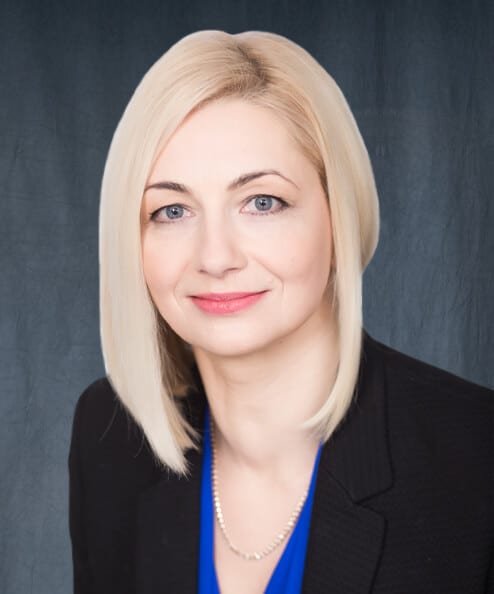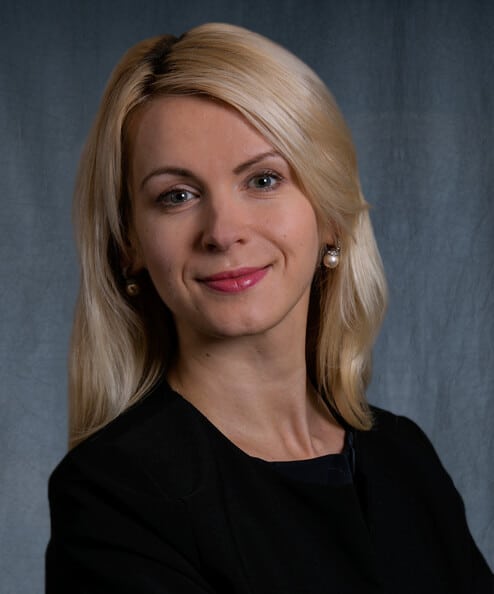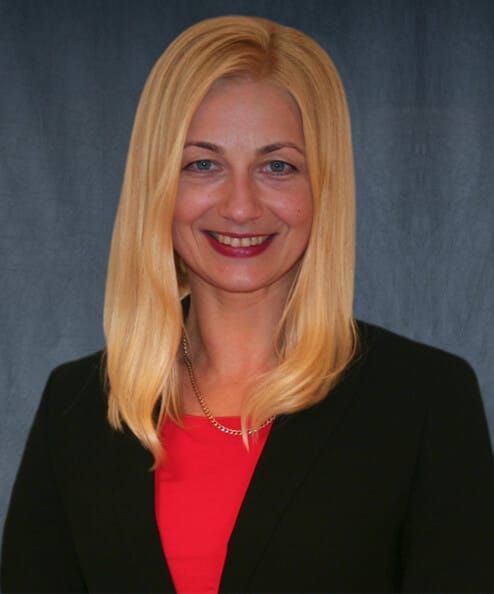I feel a sense of personal responsibility for every card transaction in the Baltics, Riga TechGirls
Riga, Latvia – Zanda Brivule-Jansone has devoted her entire 20-year professional career to the payment cards industry, with the last 10 years at the helm of First Data Baltics, now known as Worldline Baltics. In this role, she developed partnerships and nearshoring opportunities in the Nordics. Under Zanda’s leadership, Worldline Baltics has become the most professional and reliable payment card services provider in the Baltic countries, covering the whole card payments value chain.

Zanda, who holds an MBA from the University of Latvia in international economics, says payments are her personal mission, passion, lifestyle and hobby — the same way it is for Worldline, the company she works for. She is looking forward to many exciting years in the payments industry, making purchases easier and safer.
Worldline Baltics is the leading financial processor in the Baltics. It provides a large range of outsourcing services, from issuing to acquiring, and including interbank processing. It also delivers many value added services that are needed to ensure an all-in-one solution for the main Baltic banking groups — as well as for some banks in the wider Nordic region. Worldline Baltics is part of the Worldline Group.

“For me work is life and life is work.”
Zanda Brivule-Jansone, CEO of Worldline Baltics

Evita: Why did you join the technology business in the first place? What motivated you?
Zanda: I started my career at a bank in the mid-90s. In the beginning, I was working in the customer service and payments area. At one point, I realized that I was too much in my comfort zone and I wanted to see what was out there, how the real business looked like from the other side. The fact that I landed in a technology company was partly due to a coincidence, but there was one word that I recognized in the job description — “payments”. My future bosses thought the same — that knowing what payments entailed was sufficient and the rest could be learned (laughing). Since then I have been in the technology business.
Evita: Did you have to learn a lot? Does your profession require continued learning?
Zanda: Absolutely. When I look back, I even see a huge difference in how we worked two years ago, and, of course, today’s knowledge compared to the one twenty years ago is miles ahead. This industry as such is at its peak of development and is constantly growing; in my 20 years’ career the payment business has become more industrialized — volumes have grown tremendously, and many FinTechs are trying to establish themselves in this area. People perceive card payments as an autonomous service and do not know much about what is happening behind the scenes to make it happen. When payments fail, that is when we may become visible. Our mission is to make sure that payment services are invisible and frictionless for consumers, even though an extremely complex process is needed to make them happen. It is all about making payments simple, transparent and secure for the users.
In terms of learning, yes, it is a continued process, otherwise, one cannot know about new emerging technologies and other novelties. When I hire people, I always ask about continuous learning. Another source for this is knowledge sharing within a team. We all have to be team players in our industry and we have technology specialists at each level starting from core databases, operating systems and business applications to call centers, client services and technologies used to service clients.
Evita: Can you please explain to our readers what Worldline’s business is? I think that most people just get a card or get their payments done and assume that it is all done by their banks. As far as I understand, it’s you who provide payment and card solutions to banks.
Zanda: The payment card value chain consists of three major blocks — issuing cards (payment card account management with complex interest and fees calculation mechanisms, authorization systems, and dispute and fraud management systems). The second block is everything related to being able to accept cards (the typical card acquiring channels are ATMs, physical stores, virtual environment and mobile devices). Finally, the third block consists of ensuring that switching and clearing payments between the first two blocks can happen.
Worldline is a major player in all three blocks and beyond. We process interbank payments for schemes and provide outsourcing for payment services to banks. We are a crucial partner for banks, enabling them to serve their clients better.
Evita: How big is your team and what profiles do you manage?
Zanda: Our team consists of 200 people in three Baltic countries; the business is very technologically heavy, although it can seem light and simple from the outside. Half of our team is in customer service, providing direct services to our banking clients, end users and merchants. The other half are engineers who are making sure that we are invisibly providing 24/7 availability of card payments and are delivering products, projects and innovations, which ensure security, quality and compliance.
Evita: I know you have travelled a lot for business development purposes. Besides the three Baltic countries, you have worked also in Scandinavia. You could have chosen to have a career in a back-office, managing the tech team in Riga. Why did you choose to focus on business development too?
Zanda: I really love business development. If someone were to tell me that I should not be speaking directly with clients anymore, this would be a very sad day for me. These meetings and conversations contribute a lot to my development as well as to the company’s strategic growth. This is one of the most important ways to learn what is happening in the market and what the trends and developments are.
When it comes to geographies, I have been in charge of the pan-Baltic business since 2007. It has been a great, tough and continuous learning process during these past ten years. I am very happy to see that Worldline supports almost every payment card transaction. Also, even though we do not have offices in Scandinavia, I have landed two Nordic banking clients by offering them nearshoring solutions. This is a great sign of trust in our services and in the quality of our work and a great personal success for myself personally and my Baltic team.
Evita: You are in the technology sector, you are leading many people, you are an active business developer. Do you need to force or motivate yourself to play at this level?
Zanda: I feel like I am the happiest person on earth. What I do is my hobby, passion and mission. I feel a sense of personal responsibility for every card transaction happening in the Baltics. For me, work is life and life is work.
My deepest motivation is to do a quality job, and to be at the forefront of new technological ideas and their implementations. My personal aspiration, which is shared by my team, is to become the best team managing a technologically complex card payments business with potential high financial impacts. Receiving positive feedback from clients is both the greatest motivator as well as a source of celebration. You know… in client servicing organizations, this does not happen every day, since client service is built to effectively manage problems rather than to receive praises.
Evita: There have been talks about replacing work-life balance with work-life integration, and you have been the embodiment of this in the last twenty years. Tell us about your family.
Zanda: I have four children, and I have been working without interruption for the last 23 years. The most difficult part was when the kids were very young. Now my children are teenagers and students. I have never had any boundaries between my private and my work life. I have always blended and melted my work and private lives and I could not tear one apart from the other. My children were raised with continuous love and care from the whole family; and they are becoming strong, independent thinkers, and role models for their parents. I will always pick up their calls, but they will never call me unless it is urgent as they know how my work day looks like. And the other way around — they respect the fact that I sometimes have to take a business call at home or during holidays.
Evita: Why should women get into technology and into leadership roles?
Zanda: One should get into the technology business if one is motivated by complexity and one has a powerful brain which never rests. The technology business is both complex and demanding in terms of needed brain capacity and energy. That also allows putting one’s emotions and thoughts in order. Complexity is exactly what has motivated me for so many years and kept me in the same industry.
I would really encourage young girls and boys not to be afraid of technology. Our company is regularly offering entry-level positions into the industry through our demanding 24/7 call center. After the first few years, most of our students are qualified enough for further career development within our organization and they are usually our best performers. These could be client servicing roles in various knowledge intensive areas like fraud and disputes management or data management interbank clearing area, as well as pure technological roles, starting from programming, business application management, project management, system analyses, database and operating system management to data centers, electricity, network management for the highly demanding 24/7 industry. Even if you have not yet looked into programming, there are so many interesting technological roles!
These give the opportunity to have a meaningful role and mission in an area that affects the daily life of a large portion of the population. You do not need to understand how the code is written in order to ensure that processes are running smoothly. Women can use their beautiful and smart minds to put this all together for the benefit of people and the community.
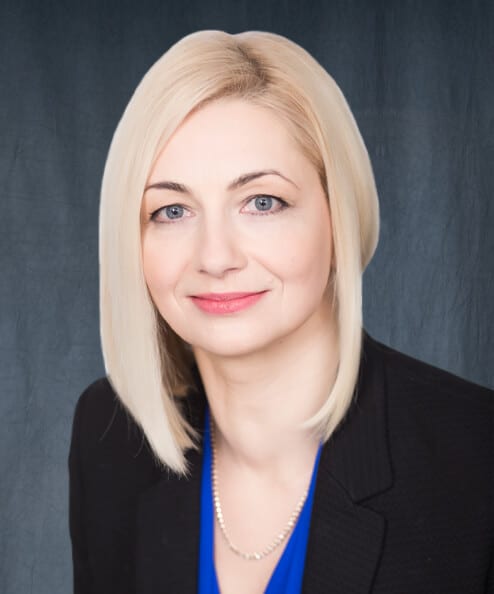 Evita Lune joined Pedersen & Partners in 2005; she is a Partner who develops and implements the firm’s Global Digital Economy strategy, while simultaneously leading the Retail Practice Group and overseeing the Latvia, Poland, and Belarus teams. Currently she has a deep-seated focus on FinTech assignments, partnering with global clients to build digitisation capabilities and reinvent core organisational elements through critical talent acquisition strategies. As Partner, Ms. Lune also takes on regional oversight, and through completing numerous senior-level assignments, she has established strong cooperation with clients in Poland, the Baltics, Scandinavia, Russia, and CIS across the Banking, FinTech, Consumer Goods, Retail, Pharmaceutical, Manufacturing, and the Professional Services sectors. Her previous experience includes three years with the Stockholm School of Economics in Riga as the Executive MBA Program Director and six years with Shell in international and regional marketing management functions in Riga, Budapest, and Brussels.
Evita Lune joined Pedersen & Partners in 2005; she is a Partner who develops and implements the firm’s Global Digital Economy strategy, while simultaneously leading the Retail Practice Group and overseeing the Latvia, Poland, and Belarus teams. Currently she has a deep-seated focus on FinTech assignments, partnering with global clients to build digitisation capabilities and reinvent core organisational elements through critical talent acquisition strategies. As Partner, Ms. Lune also takes on regional oversight, and through completing numerous senior-level assignments, she has established strong cooperation with clients in Poland, the Baltics, Scandinavia, Russia, and CIS across the Banking, FinTech, Consumer Goods, Retail, Pharmaceutical, Manufacturing, and the Professional Services sectors. Her previous experience includes three years with the Stockholm School of Economics in Riga as the Executive MBA Program Director and six years with Shell in international and regional marketing management functions in Riga, Budapest, and Brussels.
Pedersen & Partners is a leading international Executive Search firm. We operate 56 wholly owned offices in 52 countries across Europe, the Middle East, Africa, Asia & the Americas. Our values Trust, Relationship and Professionalism apply to our interaction with clients as well as executives. More information about Pedersen & Partners is available at www.pedersenandpartners.com
If you would like to conduct an interview with a representative of Pedersen & Partners, or have other media-related requests, please contact: Anastasia Alpaticova, Marketing and Communications Manager at: anastasia.alpaticova@pedersenandpartners.com


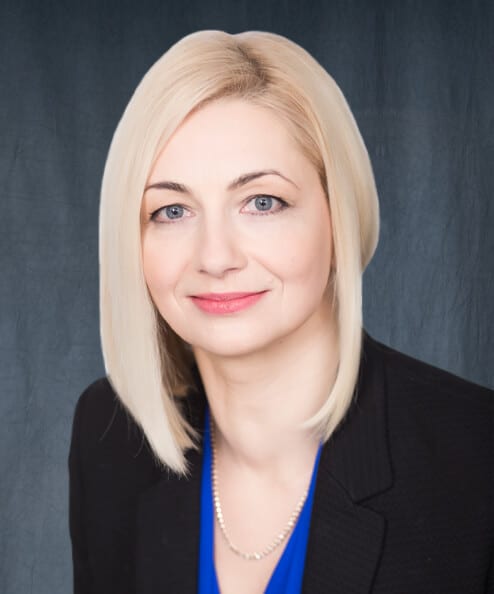 Evita Lune
Evita Lune




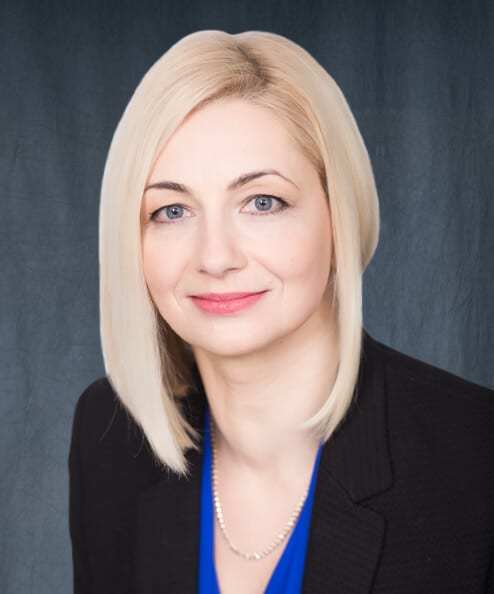 Evita Lune
Evita Lune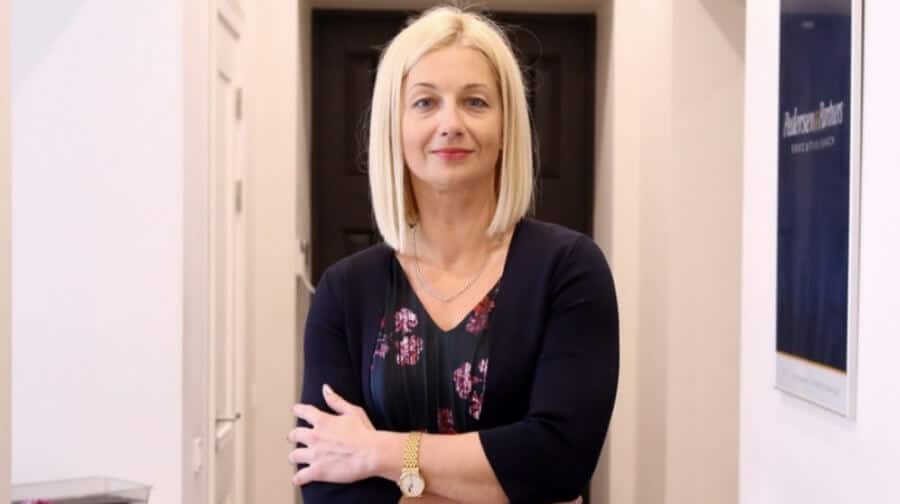
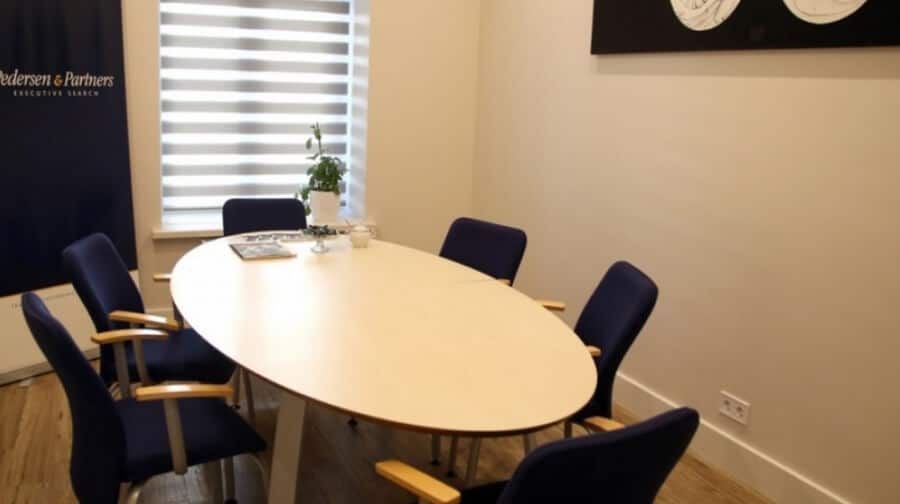
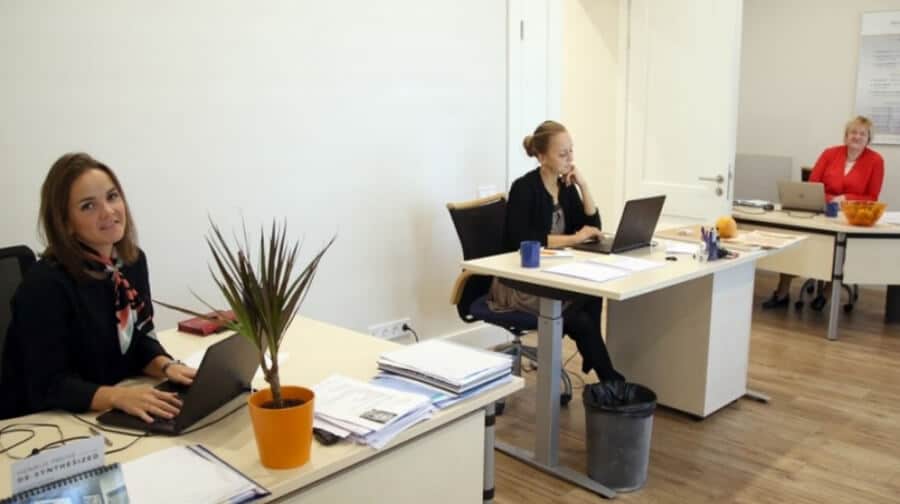


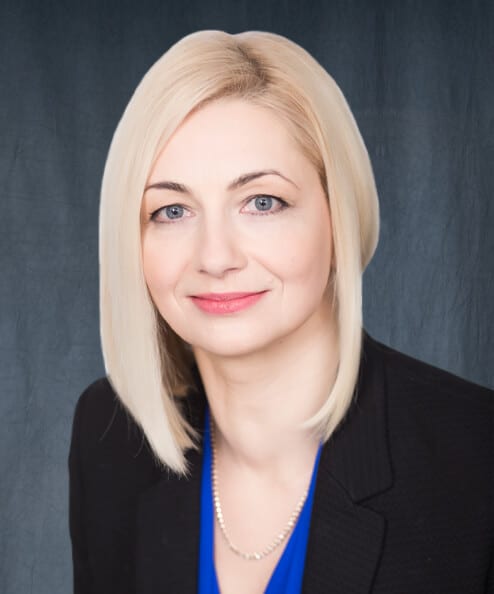 Evita Lune
Evita Lune
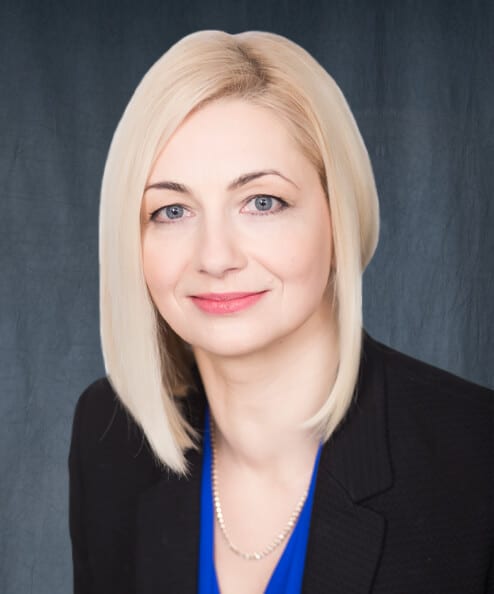 Evita Lune
Evita Lune
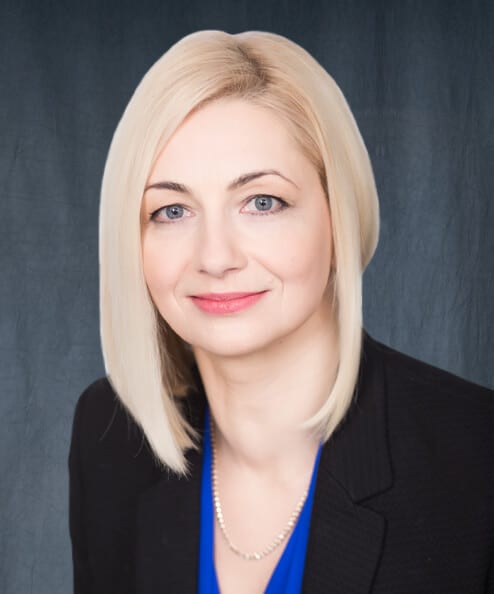 Evita Lune
Evita Lune
